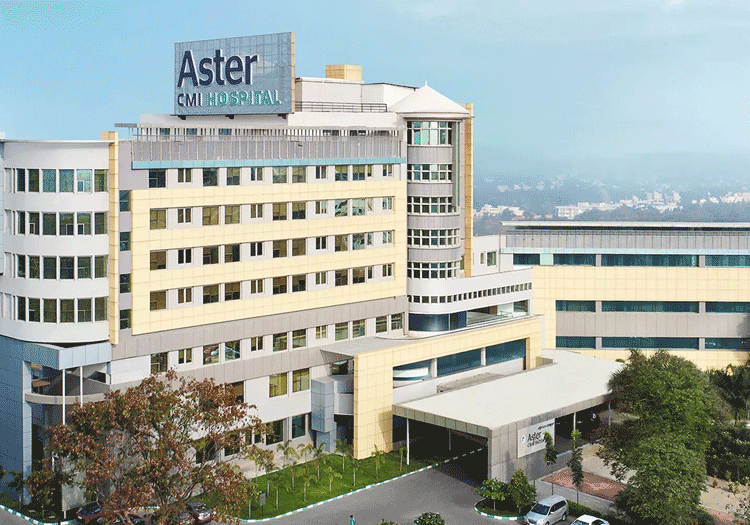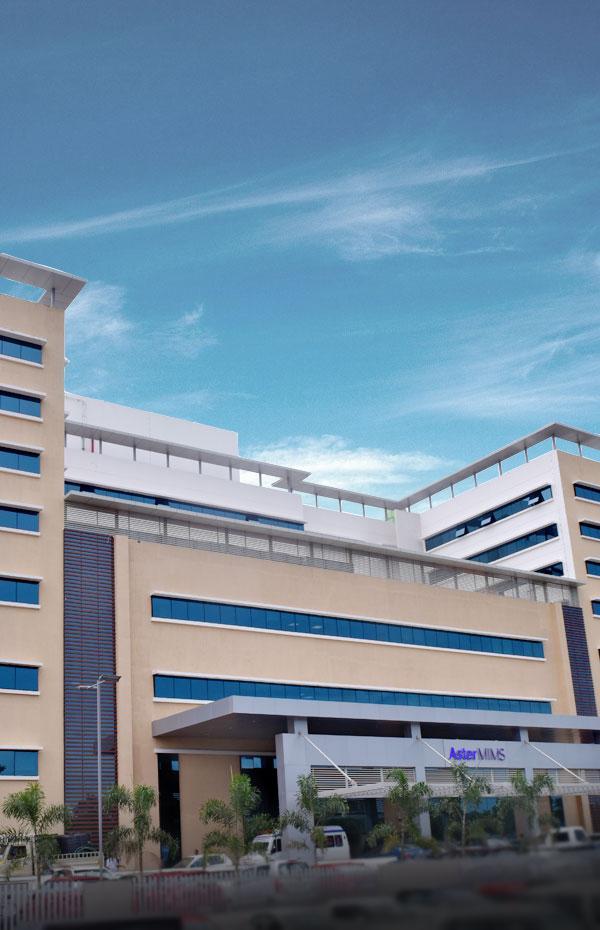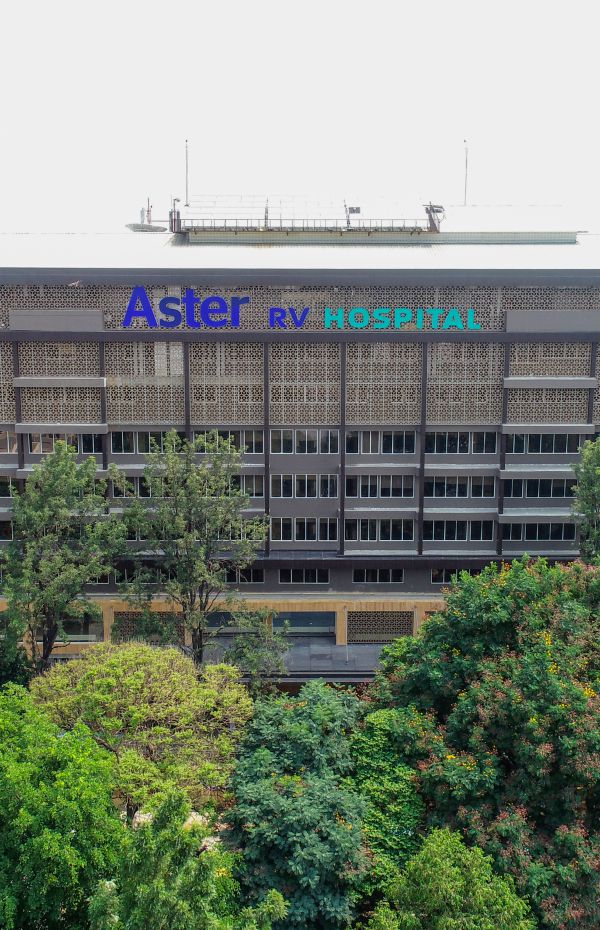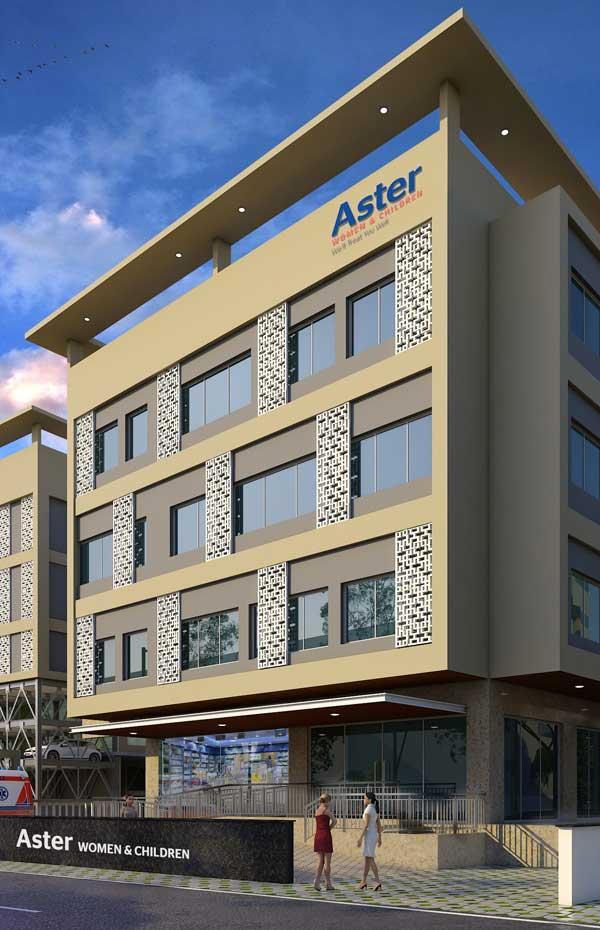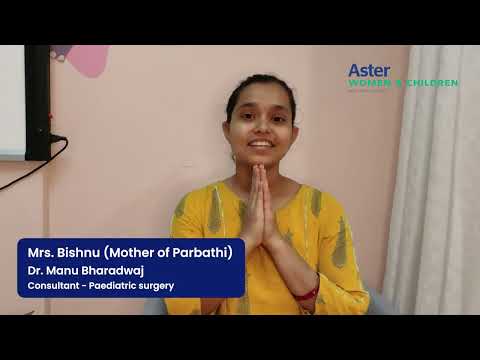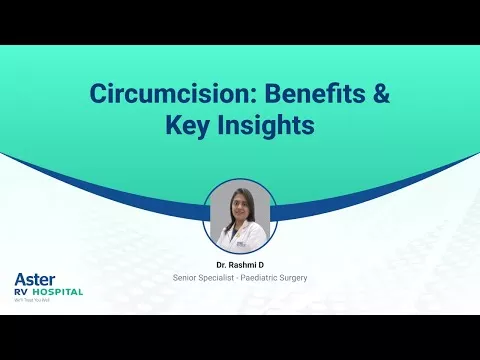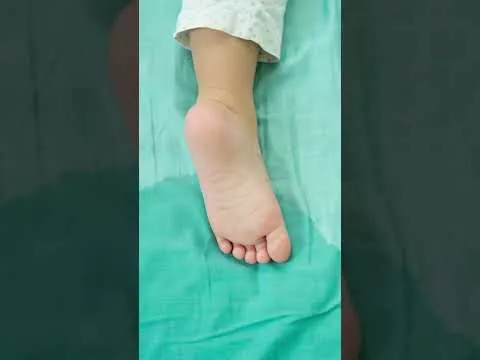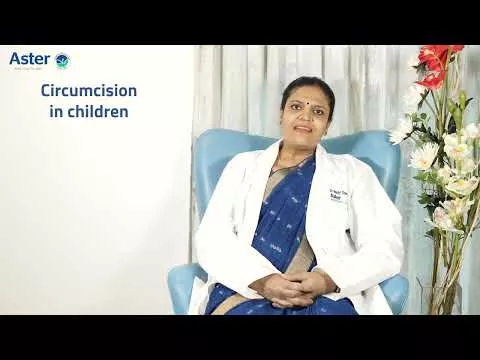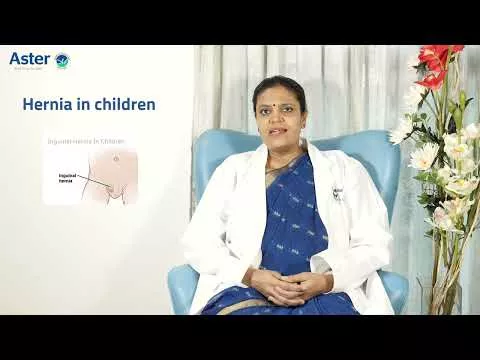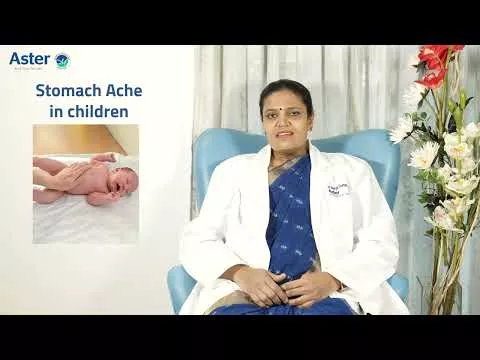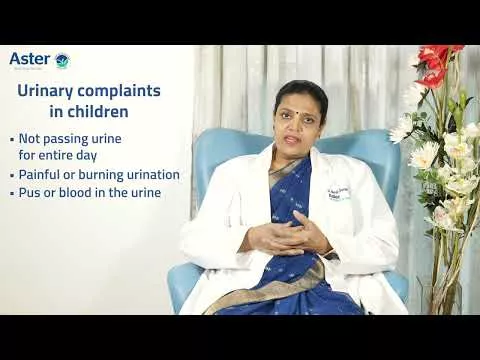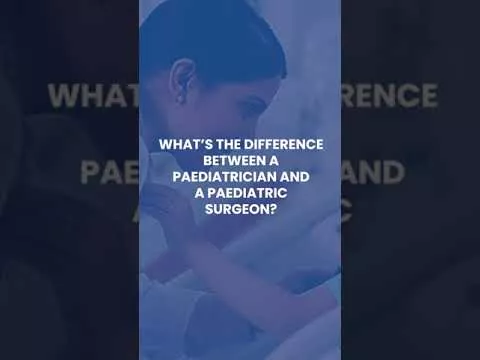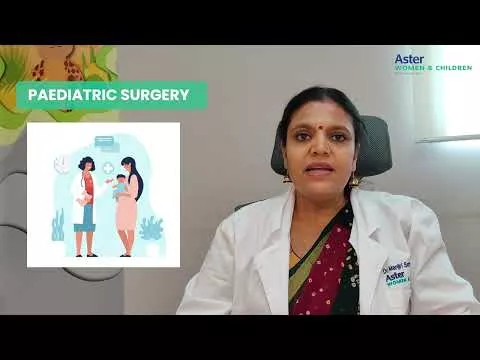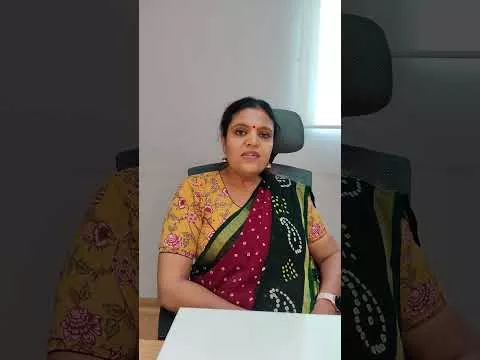The Department of Paediatric Surgery at Aster Women and Children Hospitals offers advanced care, in general paediatric surgery, neonatal surgery, paediatric urology, thoracic surgery, gastrointestinal surgery, minimal invasive surgery, and endoscopy until the age of 18 years. The paediatric surgical patient requires tender care with delicate skills and diligent follow-up as the newborn, baby, toddler grows through adolescence into a mature adult. As paediatric surgeons we learn resilience from children and are grateful for the opportunity to serve them. The Department of Paediatric Surgery is a specialised department offering high-quality care for all surgical problems in neonates, infants, older children and adolescents. The surgical team is led by senior and experienced Consultants, who have been trained in leading hospitals in India and overseas.
The Department also has several follow-up clinics including antenatal counselling for congenital malformations. We have keen enthusiasm about following up on cases until they reach adolescence and, in some instances, even after adulthood where meticulous surgery is required. The department works closely with the Departments of Paediatrics, Neonatology, Radiology and Oncology. A fully functional Neonatal ICU and Paediatric ICU are the main facilities available for critically ill children.
The common problems that are treated by the Paediatric Surgery team include-
- Hernia, hydroceles, undescended testis, phimosis
- Congenital and developmental anomalies
- Burns, trauma and injuries.
Specific expertise for complex surgical problems in children -
- Neonatal surgery
- Paediatric Urology
- Paediatric Gastro surgery
- Paediatric Thoracic surgery
- Paediatric Onco surgery
- Minimal Access surgery including Robotic Surgery
- Paediatric Endoscopy
- Paediatric Bronchoscopy.
Our Doctors
We have some of the best specialists from around the world, they bring years of experience and offer evidence-based treatment to ensure the best care for you.
Advanced Technology & Facilities
Well equipped with the latest medical equipment, modern technology & infrastructure, Aster Hospital is one of the best hospitals in India.
- Paediatric esophagoscopes, gastroscopes, bronchoscopes and colonoscopes.
- Paediatric and neonatal resectoscopes & cystoscopes.
- Paediatric and neonatal laparoscopic instrumentation.
- Robotic instrumentation
- State of the art Pathology, Microbiology and Histopathology with special immunohistochemistry analysis.
Patient Stories
Our patients are our best advocates, hear the inspiring stories of their treatment journey
Blogs
The source of trustworthy health and medical information. Through this section, we provide research-based health information, and all that is happening in Aster Hospital.


